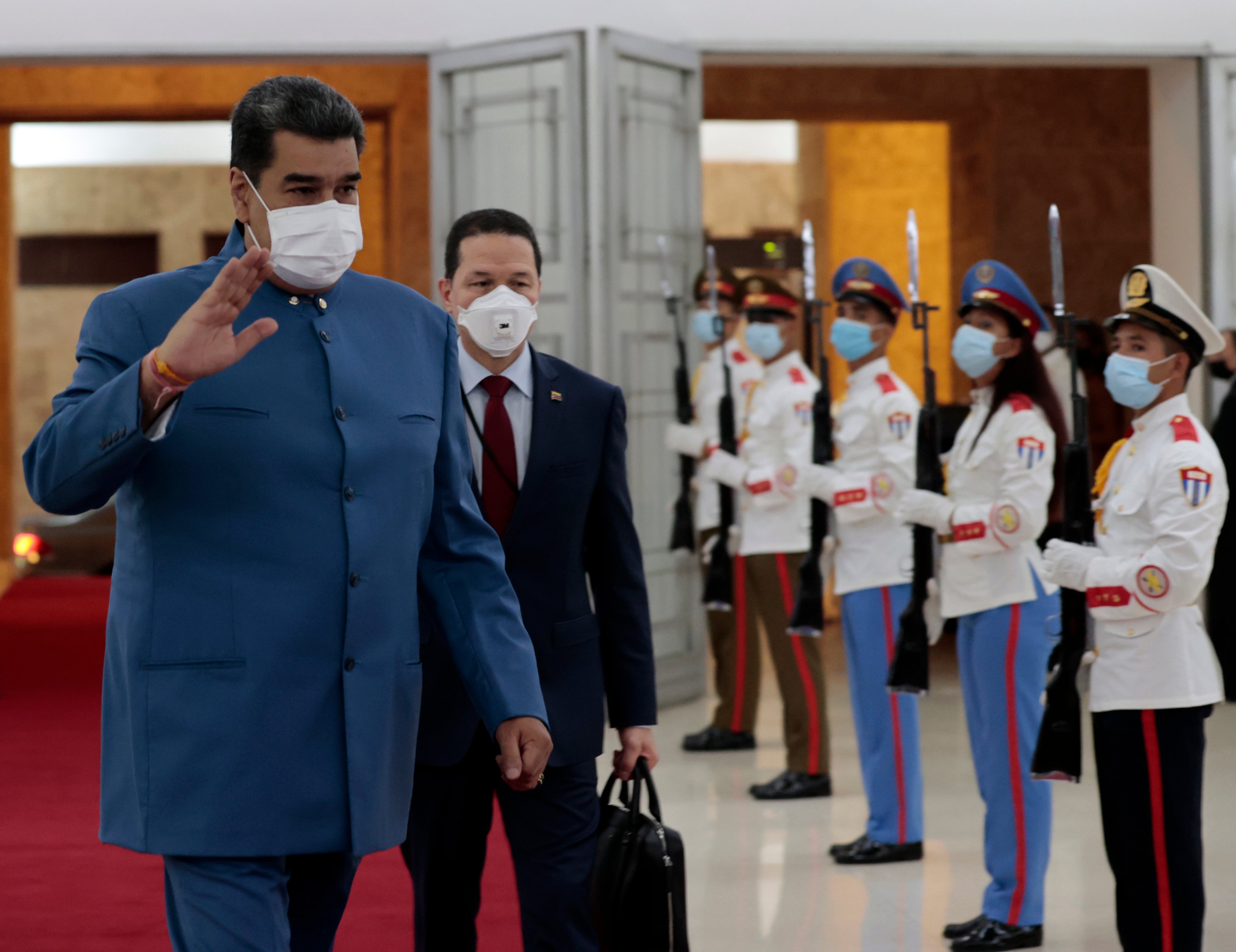Biden renews Chevron license to bypass Venezuela sanctions
The Biden administration has renewed a license partially exempting Chevron from sanctions on Venezuela so it can keep operating in the oil-rich, socialist-run nation

The Biden administration has renewed a license partially exempting Chevron from sanctions on Venezuela so it can keep operating in the oil-rich, socialist-run nation.
The license issued Friday by the U.S. Treasury Department allows the California-based Chevron and other U.S. companies to perform only basic upkeep of wells it operates jointly with state-run oil giant PDVSA, dashing the hopes of those who wanted to see a resumption of exports to ease pricing pressure at American pumps.
Vladimir Putin's invasion of Ukraine and ensuing international sanctions targeting Russia's oil industry have led the Biden administration to reconsider longstanding policies isolating two other oil powers: Venezuela and Iran.
In March, three senior Biden officials traveled to Caracas to meet with President Nicolás Maduro to try to lure him back to negotiations with the U.S.-backed opposition and release several Americans imprisoned for years. Their carrot: the possible lifting of crippling oil sanctions imposed in 2019 after Maduro breezed into a second term following elections considered undemocratic by the U.S. and dozens of allies.
While Maduro has welcomed the surprise outreach, joking that he wanted to soon travel to New York to attend a salsa festival, there's been little progress since.
Meanwhile, opposition hardliners and even some Democrats in Congress have accused the administration of bending over backward to appease an oil despot for little gain because of Venezuela's diminished importance in global energy markets.
Venezuela sits atop the world's largest oil reserves but due to mismanagement, and more recently U.S. sanctions, production has been declining steadily from the 3.5 million barrels per day when Hugo Chávez took power in 1999. In April, output stood at barely 700,000 barrels per day — the lowest level in decades.
Chevron, which has been operating in Venezuela since the 1920s, had been pushing for an expanded license that would allow it to resume exports and stem the growing influence of oil companies from China, Russia, Iran and other U.S. adversaries.
—
Follow Goodman on Twitter: @APJoshGoodman
Bookmark popover
Removed from bookmarks